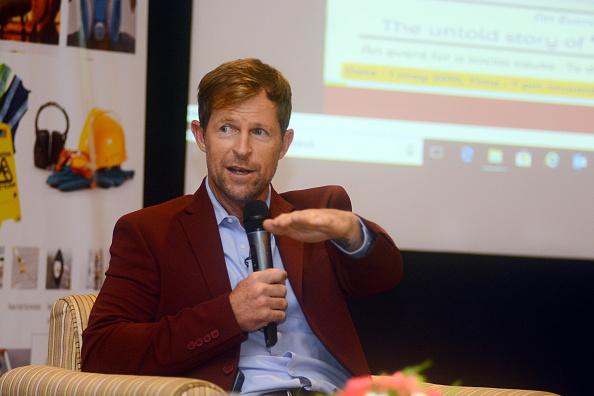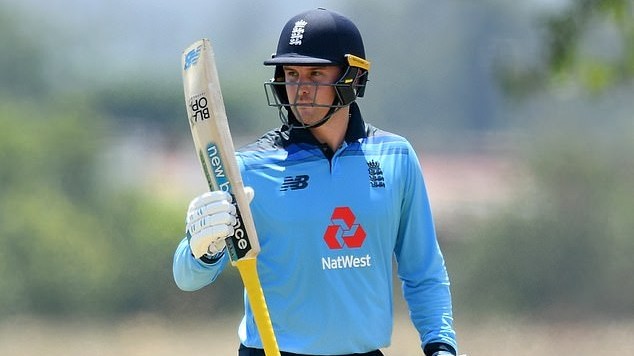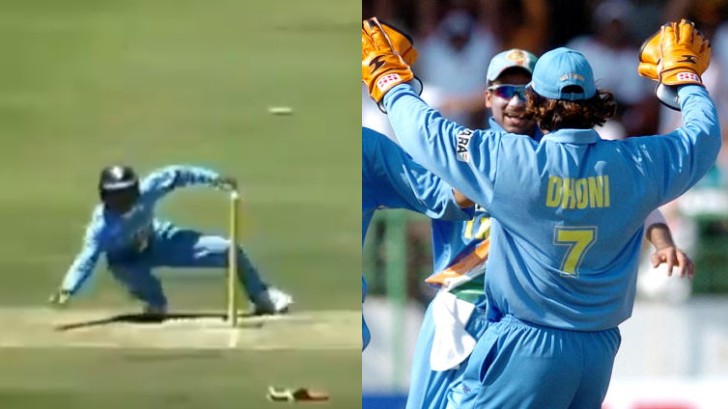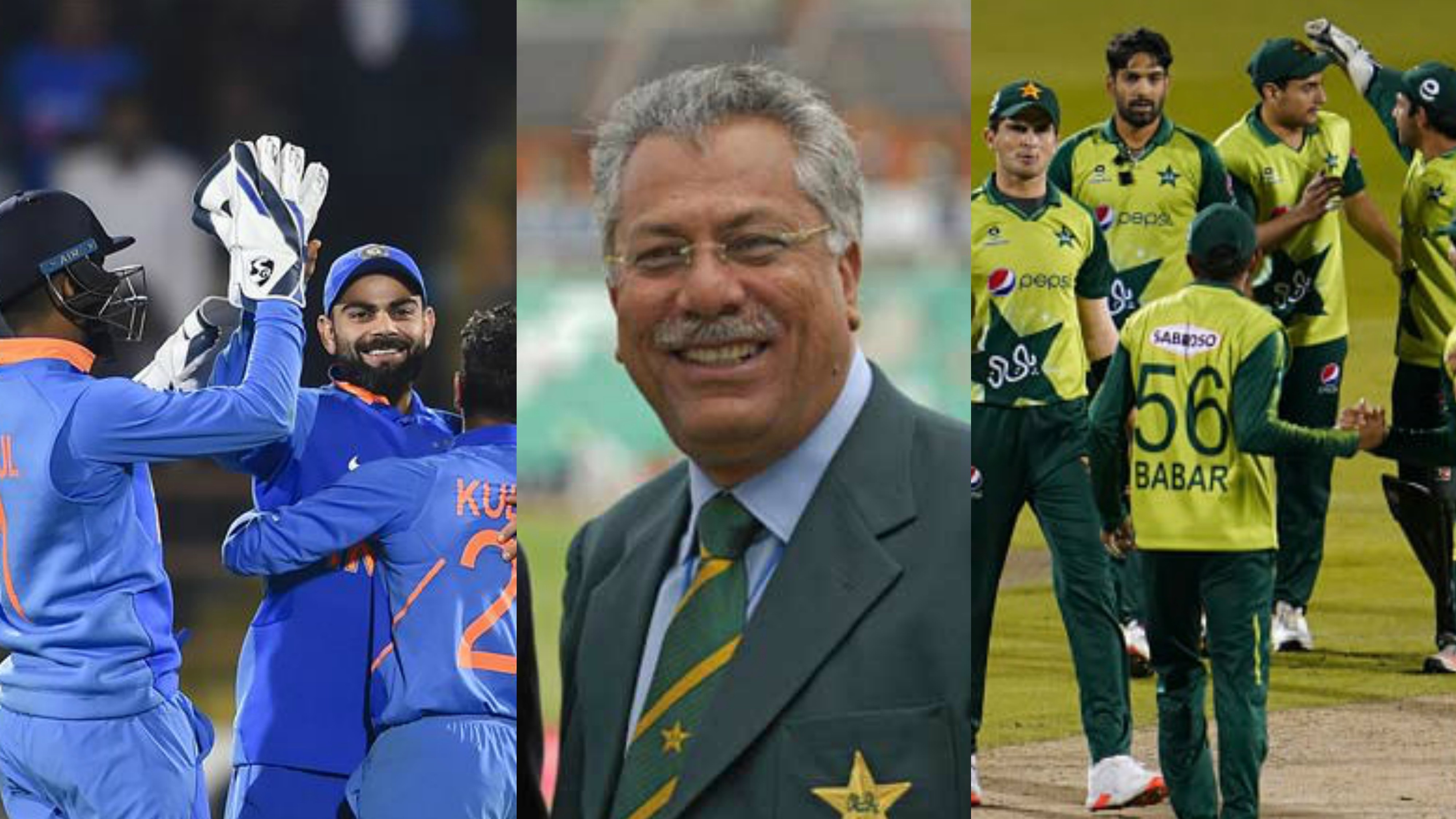 Former South Africa batsman Jonty Rhodes said it "saddens me" no end seeing "racial inequality" being part of his country's ecosystem, adding that the cricket administration in the rainbow nation can only tackle the malaise within the set-up when it overcomes the constant chaos it seems to find itself in.
Former South Africa batsman Jonty Rhodes said it "saddens me" no end seeing "racial inequality" being part of his country's ecosystem, adding that the cricket administration in the rainbow nation can only tackle the malaise within the set-up when it overcomes the constant chaos it seems to find itself in.
Cricket South Africa (CSA), the body responsible for governing the sport in the country, has been financial issues and allegations of racial discrimination. The board's president Chris Nenzani resigned last month after a seven-year run after being alleged of corruption.
Read Also: "I've never personally experienced any racism in Proteas environment": Tabraiz Shamsi
In all this, CSA has a ray of hope in former skipper Graeme Smith, who has come in as Director of Cricket, to once again take them out of trouble waters.
“Graeme Smith has got a lot of criticism of late but he was the captain of the team that had the first ever team culture camp and came up with the ‘Protea Fire’,” Rhodes told PTI.
In 2014, Smith and company had a camp that focussed on inspiring values such as humility, resilience, adaptability, unity and respect in the team. The skipper hoped his team would be a symbol of what South Africa as a nation is ideally meant to stand for.
Similar kind of camp was held for the country's 32 best players last month after racism allegations by 30 former cricketers including Ashwell Prince and Makhaya Ntini.
“The sad thing for me is that even though top 30 players in the country want to work together for the game, the administration is in such chaos that unfortunately, it does have an impact on things (on the field)," said Rhodes, who is currently in UAE as fielding coach for Kings XI Punjab (KXIP) ahead of Indian Premier League (IPL) 2020.
“Someone like me who is not part of the system, we are reading about issues in South Africa cricket week in and week out and it has not been resolved."
“The same mistakes are being made and there is not much accountability. It saddens me…it does impact on field performance. Even though we have some great players, we have been lacking consistency in performance because of inconsistency off the field.”
Smith revealed receiving "death threats" for showing support to the ongoing 'Black Lives Matter' campaign by kneeling down during the '3TCricket' match played for the Solidarity Cup.
Contemporary speedster Lungi Ngidi faced criticism from several former white cricketers like Pat Symcox and Boeta Dippenaar for also standing up with the cause. They asked whether the pacer is just as emotional about the killing of white farmers in the country.
Rhodes said the black community is still subject to brutal racism, even after nearly three decades of the end of the apartheid era.
“It is interesting because that is what a democracy is all about. You are entitled to your opinion and interesting thing is your opinion is different to somebody else but you are still part of the same system,” he said.
“In India, there is such real difference from state to state but it is considered as one race but in South Africa even though we all are South Africans, because of the apartheid regime, there is social and economic inequality."
“This white privilege still extends and carries on generation after generation, it is difficult for young black children coming up in a disadvantaged community to have a better life than their parents just because of lack of facilities. There is so much corruption."
To ensure the national, domestic teams are the best representative of the country's demography, CSA has been following a government-enforced quota policy with regards to the selection of players.
However, the flip side to this has been the talent exodus of especially white South African players from the system, weakening the pipeline and therefore, the international outfit, quite significantly.
“That (quota) has been the bone contention for a lot of ex-players…no matter how good they were, it was always considered as a quota selection. That affected them emotionally and mentally in playing for a team in which they felt nobody else trusted them or supported them," said Rhodes.
“People keep asking me about white privilege and I keep saying that I grew up in a regime that was totally designed to ensure I had the best opportunity. So, there is racial inequality, some people call that racism, and there has to be a level playing field,” he concluded.



